min read
min read
min read
min read
There’s a lot of research and information about play in the Early Years, and why it’s a fantastic way for children to learn. You’re likely to have heard about water play, sensory play, and loose parts play, but often parents haven’t heard of heuristic play.
The term ‘heuristic’ is defined as ‘enabling someone to discover or learn something for themselves’. Heuristic play is an enriching type of play where children interact with everyday objects, rather than toys.
We’re going to explore more about heuristic play, what the benefits are, and give some examples of heuristic play ideas for you to try at home with your child.
There are countless benefits of heuristic play, but some of the most important are:
1. Stimulates Creativity and Imagination
Most children’s toys have a direct course of action to the outcome. For example, you push a button, and a light comes on, or a sound is played. With objects used in heuristic play, children need to exercise their imaginations to create their own entertainment.
2. Exercises Problem Solving
With the nature of heuristic play being child-led, with no instructions to follow, children have the opportunity to explore how their actions can result in a range of different outcomes.
This process allows children to think about the result of their actions, and the consequences and play with different variations to cause different outcomes.
3. Builds Concentration and Confidence
As heuristic play is based around open-ended play opportunities, it gives children a chance to explore, learn and develop in a natural way, suited to their individual preferences and abilities, which includes their concentration and confidence.
4. Develops Motor Development and Growth
Motor skills are strengthened, as children will pick up, transport objects, wrap things up, post objects, stack, and roll.
Now we’ve considered the benefits of heuristic play, we can take a closer look at the types of heuristic play resources available to you at home.
One of the most popular heuristic play ideas is treasure baskets – these can be easily put together by you and will provide your child with all that they need.
A treasure basket contains a vast range of everyday objects, usually made from natural materials. These baskets or boxes should be easily accessible for children to grab items easily. And what’s even better about this? Because they’re all objects you’ve got at home, it’s free! All while providing your little one with hours of fun.
Safety First!
The beauty of this type of play is that it involves ordinary household objects, that you’re extremely likely to already have in your house.
These can include:
Bowls
Herbs
Egg boxes
Empty bottles
Wooden pegs
Natural objects, such as leaves or sticks
Soft objects, such as socks, poms poms, or cuddly toys
Recycling materials, such as toilet roll tubes or cereal boxes
These are just a few examples of the types of objects you could include in a heuristic play basket, feel free to add any other clean, safe objects for your child to explore and play with.
For more tips, advice, and ideas for your little one, check out our blog!
by
Published: 15/05/2023
Share Blog
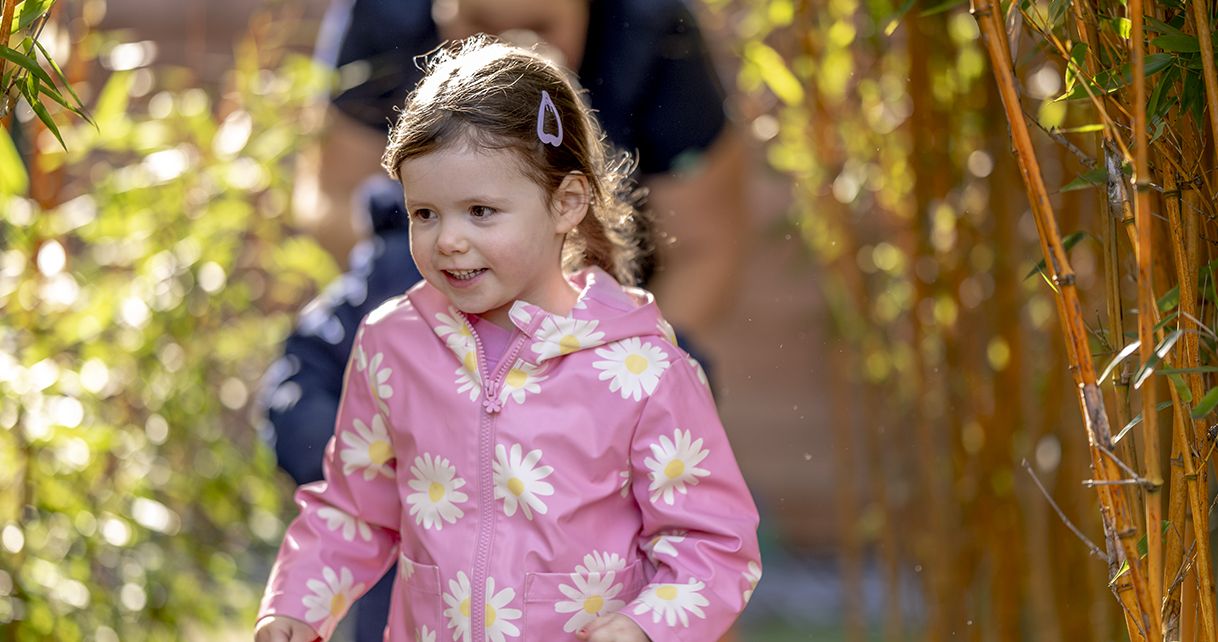
by Busy Bees 26/01/2026
10 min read
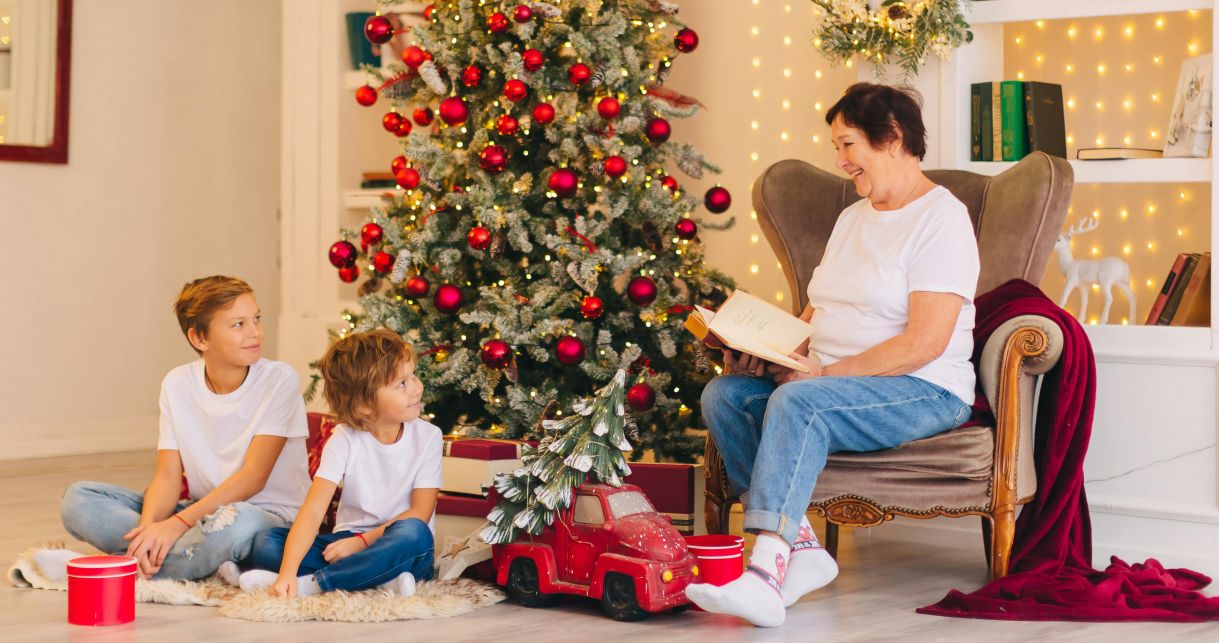
by Busy Bees 01/12/2025
5 min read
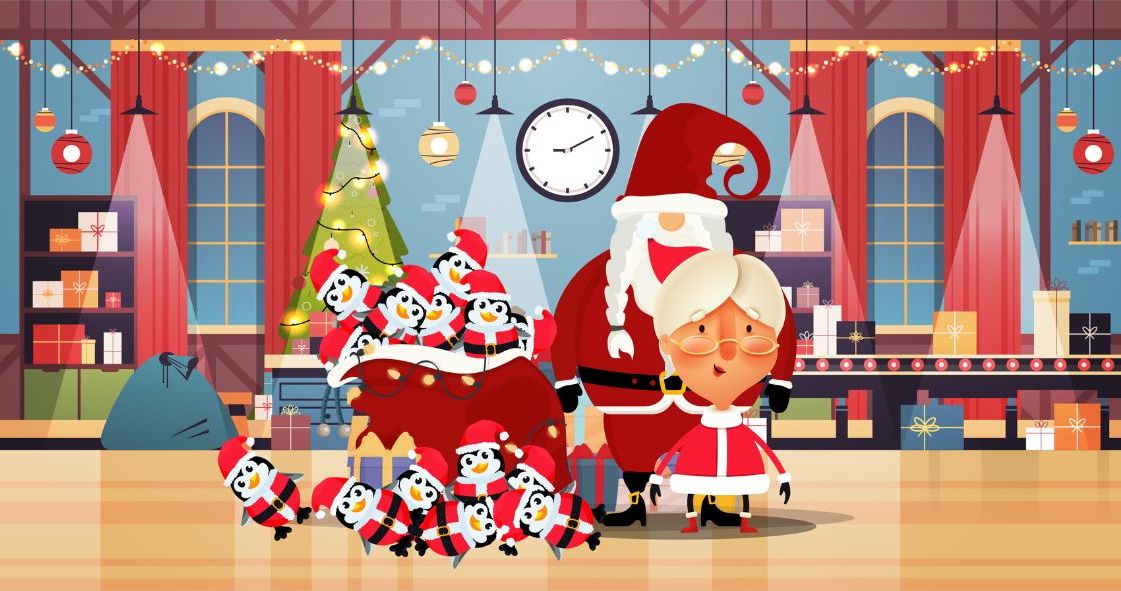
by Busy Bees 01/12/2025
5 min read
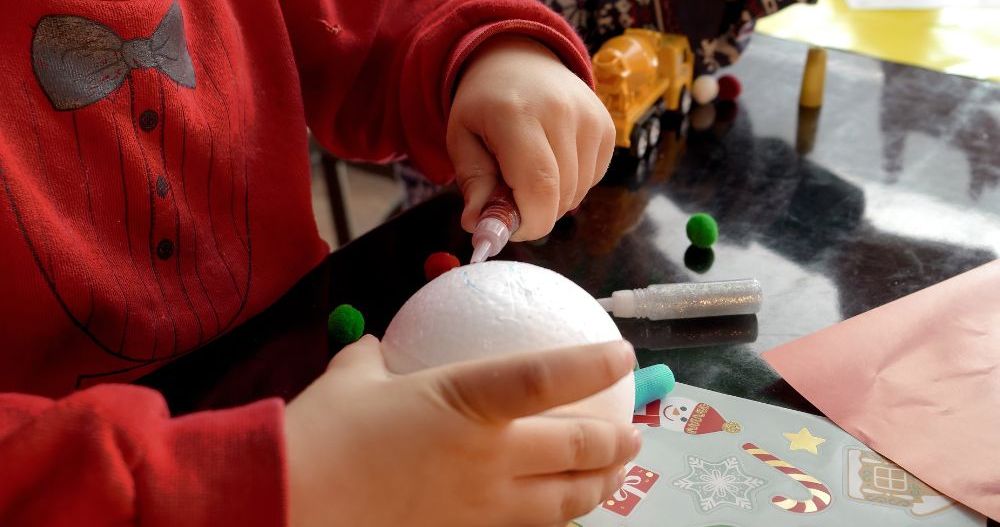
by Busy Bees 27/11/2025
6 min read
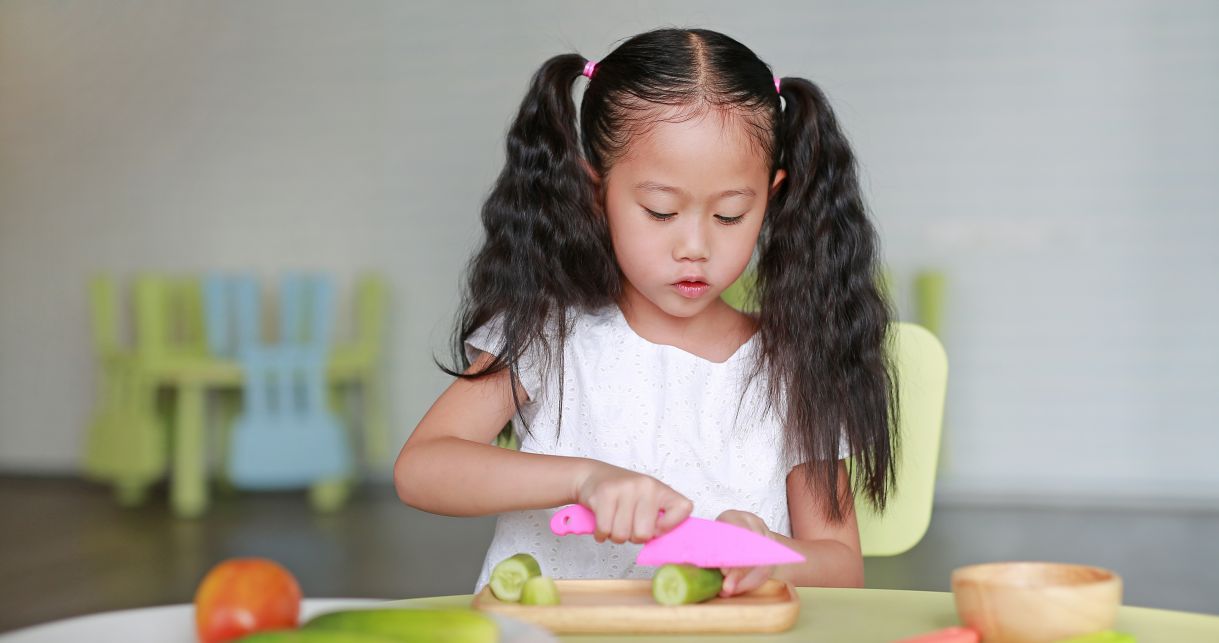
by Busy Bees 25/11/2025
7 min read